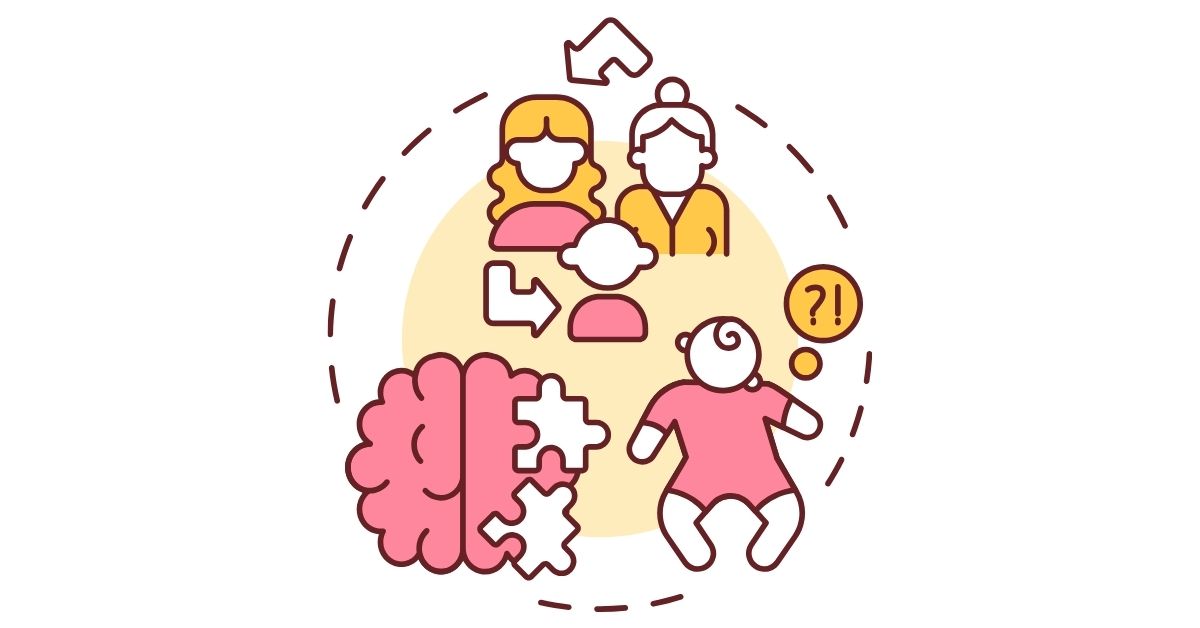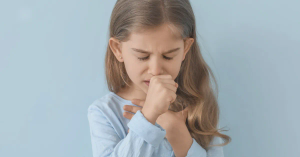What is Turner Syndrome?
Turner Syndrome is a genetic condition where an abnormal chromosomal constitution leads to clinical features. The frequency of Turners is about 1 in 3000 newborns.
In humans, there are 46 pairs of chromosomes of which the last pair is the sex chromosome. It is an option between XY and XX which determines whether your baby will be a boy or a girl. Females have two X chromosomes. In Turner’s syndrome there is a deletion of one X chromosome and hence the child has a genetic constitution of 45X. It is a condition of the female child only.
Physical features of Turner Syndrome
In infancy:
- At birth, the child may show lymphedema of the dorsum of hands and feet which is swollen hands and feet.
- The child may have loose skin folds at the nape of their neck.
In older children and adolescence :
- Child has a short stature. Even as adults, height usually remains under 145cm.
- The hairline of the child is towards the posterior side .
- The chest of the child is broad and shield-like. The nipples are widely placed.
- There may be some bony abnormalities.
- There is a lack of sexual maturation at puberty.
Complications associated with Turner Syndrome
A child with Turner Syndrome can also develop complications over the years and well into adulthood of various organ systems in the body. Some complications commonly associated are-
- Absent or rudimentary ovaries
- Abnormal menstruation
- Continental defect in kidney
- Coarctation of aorta
- Hearing defects
- Hypothyroidism
Management of Turner’s Syndrome
A child with Turner’s Syndrome is managed according to the symptoms and their severity. A couple of tests are advised in infancy to rule out related complications and for their management. Management for menstruation and reproductive function starts at puberty. A common set of management is-
- Height monitoring of children is done using growth charts. Children can be treated with growth hormones to improve height.
- Cardiac evaluation is recommended yearly. Blood pressure evaluation is also recommended every year.
- Thyroid tests are recommended in childhood and early infancy.
- Regular audiometry for hearing assessment is recommended.
- Ultrasound should be performed as early as possible to rule out kidney defects.
- Hormone replacement starts around 14 years of age.
What should you do as a parent?
As a parent you should take a proactive part in helping your child deal with her condition. There are a number of things you should keep in mind to ensure the optimum growth and development of your child.
- Never miss a scheduled appointment with your healthcare provider. Regular monitoring is important to reduce and manage complications. Your doctor knows what signs to look for and how to treat your child’s problem.
- Always reach out to the hospital if you feel there is any problem. It is better to be cautious
- Always ensure that your girl takes the medicine exactly as prescribed by your doctor. Always confirm with your doctor before taking any new medicines.
- Girls with Turner syndrome are at a higher risk of developing bony disorders. Make sure your child has enough intake of Vitamin D.
- Encourage your child to take part in physical activities.
- You should consider proper counselling if your child shows signs of behavioural problems.
- You should ensure that your child receives proper family support and a loving environment.








